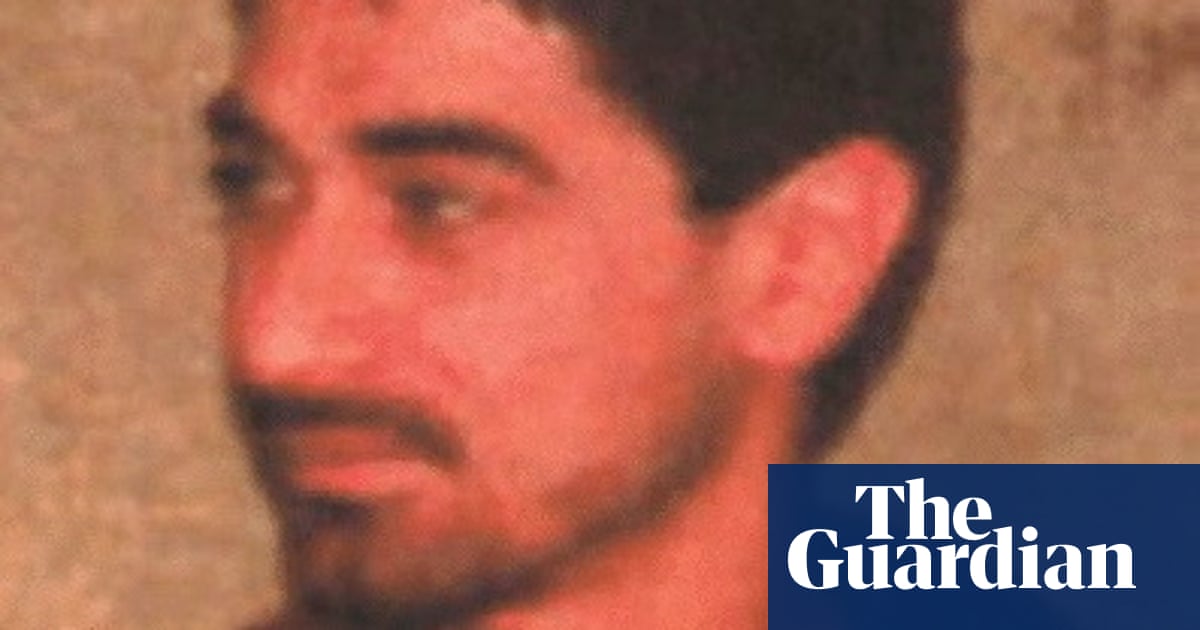Ibrahim Aqil, who is reported to have been killed by an airstrike in Beirut on Friday, was one of the last founder members of Hezbollah’s military wing to have survived more than 40 years of conflict with Israel.
Aqil, who was in his early 60s, had risen through the ranks and reached a senior position in the organisation. Exact details of his role are unclear, but the Israel Defense Forces described him as “the head of the Hezbollah terrorist organization’s operations team, the acting commander of the Radwan [special forces] unit”.
“He was one of the really senior old-timers but was never really the face of anything. He was always a number two or number three, but had just been promoted in the last five to 10 years,” said Hussain Abdul-Hussain, a research fellow at the Foundation for Defense of Democracies in Washington and an expert on extremism in Lebanon.
Aqil was one of a group of young Shia men originally from the south of Lebanon but living in Beirut who were energised by the 1979 Iranian revolution and recruited by the country’s Revolutionary Guards into a network known initially as Islamic Jihad and then later as Hezbollah.
Their military aim, guided by their Iranian mentors, was to fight the US, which had despatched a peacekeeping force to Beirut; and Israel, which had occupied much of Lebanon. Their political objective was to turn Lebanon into an Islamic state aligned with Tehran. Almost all have been killed since, probably by Israel.
Fuad Shukr was killed in an airstrike in July, almost certainly by Israeli security services working with the IDF. Shukr, who was 63 when he died, was Hezbollah’s chief of staff, and reportedly tasked with obtaining its most powerful weapons.
The most prominent member of the original group was Imad Mugniyeh, who was blamed for dozens of lethal attacks on US, Israeli and Jewish targets over 25 years and died in a car-bomb explosion in Damascus in 2008 that was attributed to the Mossad.
The US had accused Mugniyeh of playing a central role in the bombings of the US embassy in Beirut in April 1983, which killed 63 people, and the US Marine Corps barracks in October 1983, which killed 241 US personnel. A French barracks was also bombed at that time, killing 58 people.
Aqil was also accused of being involved in these operations. A US Justice Department notice describes him as “ a principal member of Hizballah’s terrorist cell the Islamic Jihad Organization”, which claimed responsibility for the two 1983 bombings in Beirut. The notice also says Aqil directed the taking of US and German hostages in Lebanon and held them there, also in the 80s.
Evidence that Mugniyeh masterminded the two 1983 bombings is thin, however, and it is more likely that he and Aqil played a more minor role, leveraging their deep network of contacts and knowledge of southern Lebanon and Beirut to provide crucial logistical support.
“Aqil was one of the nucleus of five people around Mugniyeh who were there at the start of the whole Hezbollah military enterprise,” said Abdul-Hussain.
Coming so soon after the extraordinary pager explosions which killed 37 people and injured thousands of ordinary Hezbollah operatives, the strike on Aqil suggests a concentrated and urgent Israeli effort to eliminate the organisation’s higher command.
Hezbollah will find it hard to replace men such as Shukr and Aqil, and their assassinations are likely to demoralise even committed senior members. Both men were reportedly close to the group’s leader, Hassan Nasrallah.

